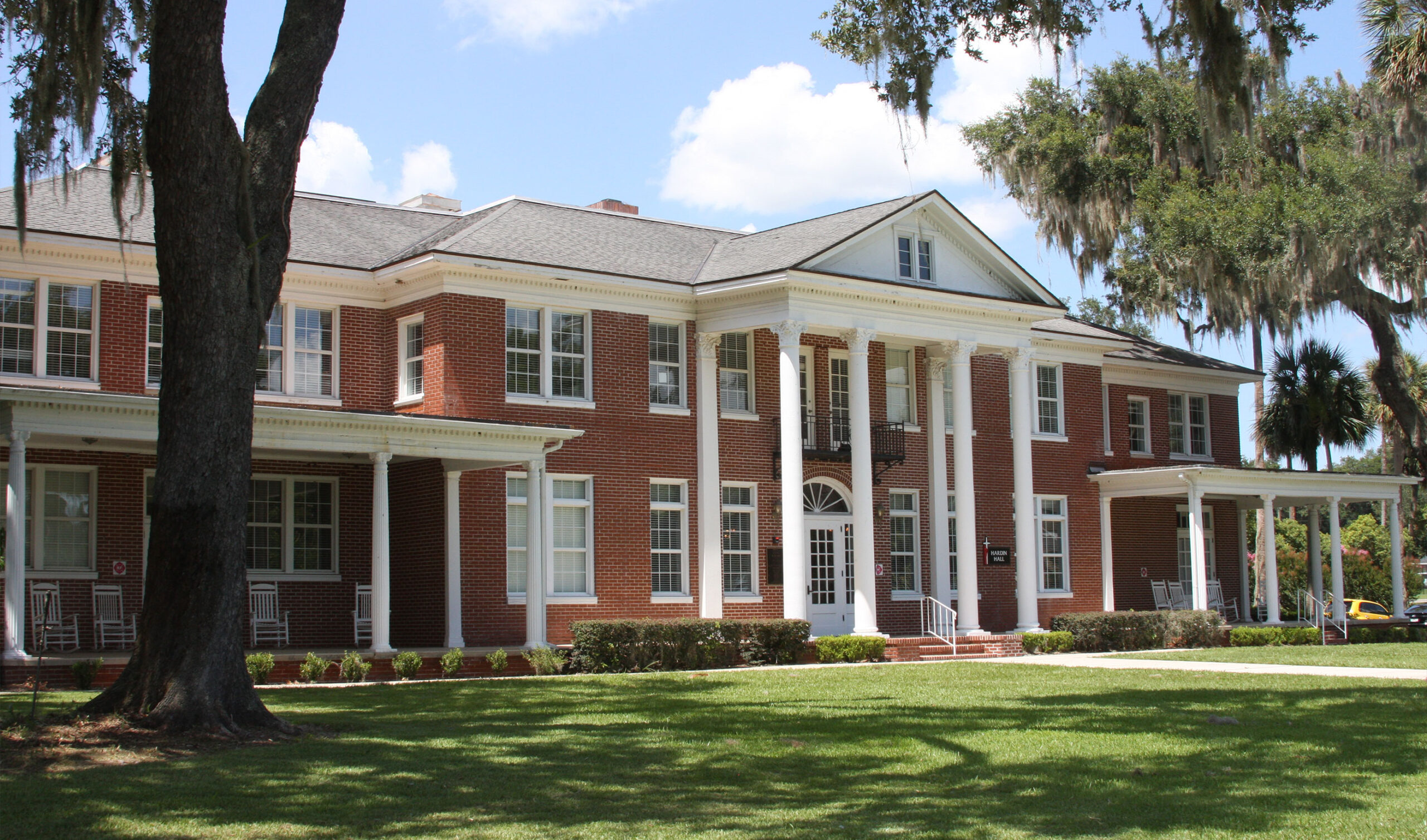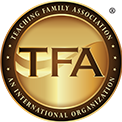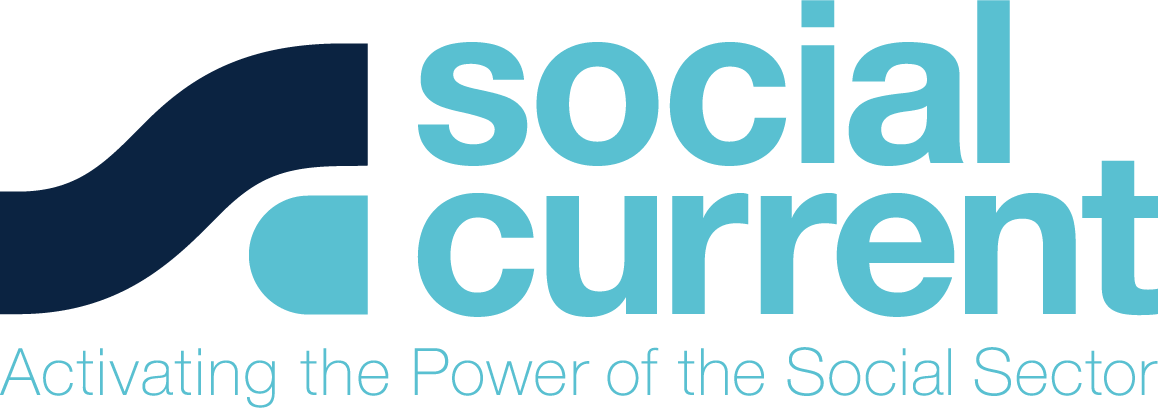 What is Residing Hope?
What is Residing Hope?
Residing Hope, formerly known as the Florida United Methodist Children’s Home, was established as an orphanage in 1908 by Florida Methodists, and by the 1950’s had changed its major emphasis to caring for abused, abandoned, and neglected. Boys and girls are accepted without regard to race, creed or national origin. The staff is composed of trauma trained professionals who share responsibility for the children’s care 24 hours a day. The beautiful 100-acre Enterprise campus is located on Lake Monroe, 30 miles north of Orlando and one mile east of the DeBary/Deltona 1-4 exit #108. In addition to our main campus in Enterprise, the Madison Youth Ranch in North Florida cares for youth while providing Equine Assisted Therapy for those who benefit from it.
 Why do children come to live at Residing Hope?
Why do children come to live at Residing Hope?
Children come to us because they have been exposed to a wide range of trauma, including sexual or physical abuse, or abandonment. They may also have been impacted by family breakdown due to divorce, drug abuse, illness, or the death of a parent. There may be issues of neglect, or conflicts that have made a normal family life impossible. Many referrals come through clergy, while others come from family, schools, courts or other agencies. Each child is evaluated to ensure one of our programs can be of help.
 What is it like living at Residing Hope?
What is it like living at Residing Hope?
Children in our Residential Care program live in one of multiple cottages, which are grouped by sex, age, and therapeutic need. Each cottage has a capacity of eight residents and their teaching parents. Each child has their own room and bathroom. Meals are prepared by members of the cottage as a family group, and menus are supervised by a dietician to ensure that a wholesome, nutritionally balanced diet is available. The children share in chores in the cottages and are responsible for their own rooms. Teen residents may be able to hold a part-time job, either on campus or nearby in the community.
 What religious opportunities are available?
What religious opportunities are available?
Religious life is an important part of life at Residing Hope. Children and teaching parents regularly attend Sunday morning Chapel as well as youth group activities, and a full time chaplain is on staff. Many of the children participate in the Sunday morning service through leading worship, sharing in special music, or serving as ushers or acolytes. Young people use their tithes and offerings to support mission projects beyond the campus; by responding to the needs of others, the children learn to care for themselves. Our ministry is always ready to offer the youth opportunities to commit themselves to a God who loves them and seeks to guide them to a full life.
 Where do the children attend school?
Where do the children attend school?
Our campus residents’ ages range from 10 to 17, and they are enrolled in either our Legacy Scholars Academy or a public school nearby. A highly trained educator, who is a staff member, evaluates each incoming child to make the proper placement in school. Tutoring is available to help each student, and home study time is a regular part of each school day. Students have access to computers and educational software in each cottage as well as the classroom.
 Are residents provided the opportunity to attend college or university?
Are residents provided the opportunity to attend college or university?
Opportunities are available for young adults who qualify for higher education to attend Florida colleges and universities. Many residents receive advanced training in vocational skills in place of formal higher education.
 What recreational activities are available?
What recreational activities are available?
There are many activities available to youth including organized games in the gym, swimming in our large pool, or simply riding bikes around campus. One of the activities the youth enjoy most is experiencing the high ropes course under the supervision of our trained and certified staff. This course helps to develop self-esteem and self-confidence while also building trust in others. Youth are frequently taken off campus by staff for a wide range of activities such as the movies, beach, zoo, local park, or other entertaining venue.
 How does Residing Hope address health care needs?
How does Residing Hope address health care needs?
Residing Hope has a registered nurse on staff, and area doctors and dentists are available as needed. The nurse keeps track of health records and immunizations, and monitors any prescribed medication. Physical examinations are required before placing a child in our care, both for the well-being of the child and for the health and safety of those already on campus.
 Is therapy available to the residents?
Is therapy available to the residents?
Upon arrival, all residents meet with their assigned therapist to develop a plan of care, and therapy is provided in individual and group settings based on the needs of the youth. Where appropriate, therapy may be provided to family members of the resident in an effort to support reunification of the family
 How long do children stay at Residing Hope?
How long do children stay at Residing Hope?
The length of stay for a resident will vary, depending on the needs of the children and families in our care. The extensive counseling services available to children and their families have helped Residing Hope to be responsible in reducing the time necessary for a child to remain in our care. Each child is an individual, and the time in residence will be influenced by the complexity of the trauma they have experienced and the progress they can make under our care.
 What are the qualifications of a teaching (cottage) parent?
What are the qualifications of a teaching (cottage) parent?
Residing Hope looks for teaching parents who have a genuine concern for the well-being of children and youth. Staff who fulfil this role are trained and certified in the application of the Teaching Family Model and are also provided continuing education. Teaching parents may be single or married persons. For more information, including job descriptions for open positions, visit our Career Opportunities page.
 What is the Independent Living Program?
What is the Independent Living Program?
The Independent Living program assists youth 18-26 as they transition to adulthood, teaching them life skills such as budgeting, meal preparation, employment preparation and retention, wellness, and many more topics. This type of life-skills training increases their emotional intelligence as well ability to be successful on their own. Our program areas include transitional living, women and children shelter program, emergency alumni assistance program, continuing education program, career development, and driver’s education.
 What are Foster Care Services at Residing Hope?
What are Foster Care Services at Residing Hope?
Children in our Foster Care Services often come from tragic circumstances of abuse, neglect, and abandonment, and may be place in foster care for either short-term or long-term periods. Foster parents, with the guidance and support of Residing Hope staff, assist the foster children in developing the basic life skills and values necessary to become contributing, productive adults. Most children in foster care have been physically, sexually, or emotionally abused or neglected. They may act out their feelings in unacceptable or destructive ways. Foster parents provide love, care and a safe environment for these children. The Foster Care Services at Residing Hope offers a continuum of support services including the provision of baby and youth equipment, educational toys, books, and clothing. Therapy is also offered as well as 24 hour on-call assistance.
 How is Residing Hope funded?
How is Residing Hope funded?
Each year, on average, about 70-75% of our total funding comes from individuals. Strong church support enables us to maintain its ministry as a significant Christian outreach committed to the well-being of children, youth and their families.
 Can I be a foster parent if I’m not married and don’t make a lot of money? I don’t even own my own house.
Can I be a foster parent if I’m not married and don’t make a lot of money? I don’t even own my own house.
Just because you don’t own your own home and don’t make a lot of money doesn’t mean you can’t provide a loving home for a child.
 I have a full-time job and can’t stay home all day with the children, does that mean I can’t be a foster parent?
I have a full-time job and can’t stay home all day with the children, does that mean I can’t be a foster parent?
No, it doesn’t. Many foster children attend daycare – funds may be available to help cover this expense.
 My children are grown and out of the house. Am I too old to be a foster parent?
My children are grown and out of the house. Am I too old to be a foster parent?
There is no age requirement other than you must be at least 21 years old.
 I don’t have any children of my own, can I still be a foster parent?
I don’t have any children of my own, can I still be a foster parent?
Yes! Many of our foster parents do not have children of their own.
 Would I have to provide medical insurance for a foster child in my home?
Would I have to provide medical insurance for a foster child in my home?
Children in foster care are provided Medicaid. Foster parents do not pay any of a child’s medical expenses, other than over-the-counter medicines and supplies.







